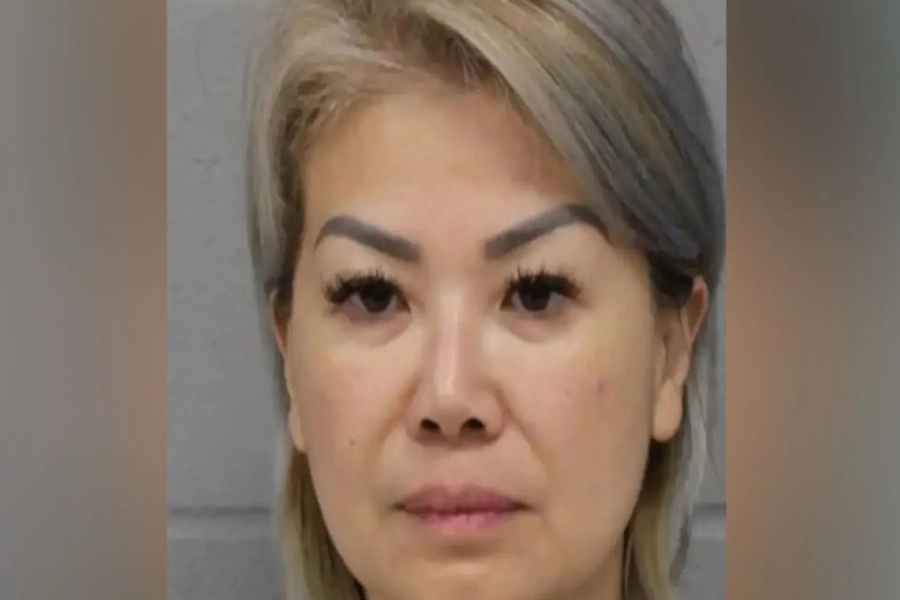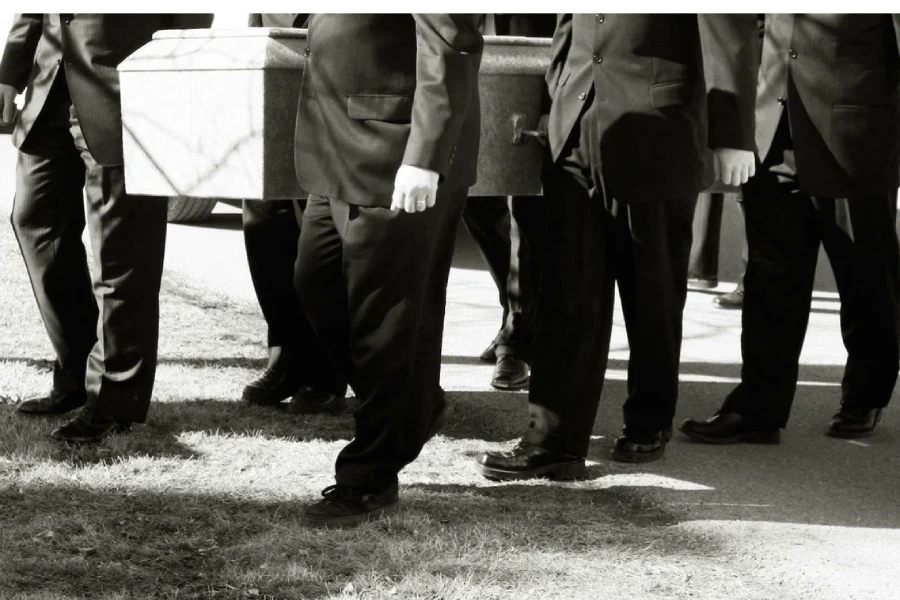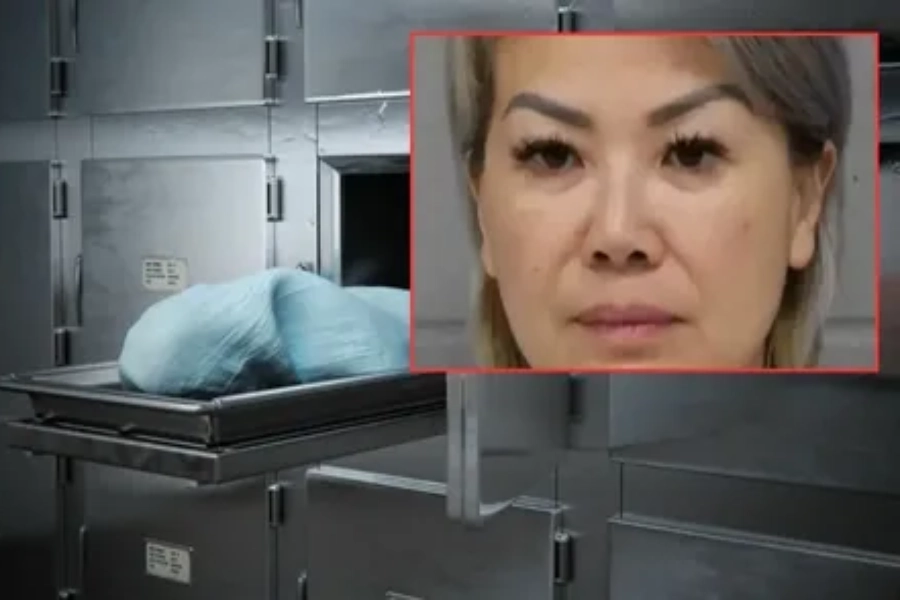Funeral directors play a vital role in handling the deceased with dignity and respect. However, when these professionals breach legal and ethical boundaries, the consequences can be severe. From corpse abuse to fraudulent death certificates, funeral director misconduct can lead to criminal charges, fines, and prison sentences. This article explores the legal violations that funeral directors may face and the potential penalties for these actions under U.S. law, focusing on recent cases that highlight these grave issues.
What Is a Funeral Director’s Role?
A funeral director, often referred to as an undertaker, is responsible for organizing funeral arrangements, including embalming, burial, cremation, and managing the legal documentation related to a person’s death. Funeral directors must comply with state regulations, professional standards, and ethical guidelines to ensure the proper handling of deceased bodies and paperwork. Any deviation from these standards may result in criminal charges.

Common Legal Violations in the Funeral Industry
Funeral directors are held to high standards of professionalism and integrity. When they fail to meet these standards, they can face severe legal consequences. Some of the most common legal violations in the funeral industry include:
-
Abuse of Corpse: The improper handling, disfigurement, or mistreatment of a deceased body is a criminal offense. This can include unauthorized experiments, body mutilation, or failure to follow legal burial or cremation procedures.
-
Fraudulent Death Certificates: Funeral directors are often responsible for completing and submitting death certificates. If they falsify these documents or use someone else’s identity to obtain a death certificate, it is considered fraud and carries criminal charges.
-
Improper Cremation or Burial Practices: Failure to follow legal procedures when cremating or burying a body can result in significant legal penalties, including fines and loss of license.
-
Failure to Comply with State Regulations: Funeral homes must adhere to local, state, and federal regulations governing the disposal of bodies, embalming practices, and recordkeeping. Failure to do so can result in investigations, penalties, and loss of business licenses.
Case Study: Adeline Ngan-Binh Bui – Legal Violations and Consequences
One of the most disturbing recent cases involved Adeline Ngan-Binh Bui, the owner of Capital Mortuary Services in Austin, Texas. Bui was arrested and charged with multiple criminal offenses after it was revealed that she had been conducting unauthorized experiments on corpses. The charges against her included:
-
Abuse of Corpse Without Legal Authority: Bui allegedly injected formaldehyde into severed limbs to observe the effects of embalming fluid over time. This experiment was done without the consent of the deceased’s families or the proper legal authority. Under Texas law, abusing a corpse is a criminal offense that can result in up to two years in prison and significant fines.
-
Tampering with Government Records: Bui was also charged with fraudulently obtaining death certificates. She allegedly used the identity of a former employee to sign and submit death certificates without authorization. Tampering with governmental records, especially vital records like death certificates, is considered a serious crime in Texas, with penalties ranging from 2 to 20 years in prison.

Legal Consequences of Funeral Director Misconduct
Funeral director misconduct can lead to both criminal charges and civil liabilities. The legal consequences for funeral directors who engage in misconduct include:
-
Criminal Charges: Funeral directors who engage in illegal actions such as corpse abuse, falsification of documents, or improper burial practices can be charged with felonies. Depending on the offense, these charges may result in significant prison sentences and fines.
-
Loss of License: Regulatory bodies like the Texas Funeral Service Commission (TFSC) or the National Funeral Directors Association (NFDA) may revoke a funeral director’s license for unethical or illegal behavior. This revocation means the funeral director can no longer legally operate a funeral business.
-
Civil Lawsuits: In addition to criminal penalties, funeral directors may face civil lawsuits from the families of the deceased. These lawsuits may seek compensation for emotional distress, negligence, and other damages resulting from the misconduct.
-
Financial Penalties: Funeral directors found guilty of misconduct may be required to pay restitution to victims, as well as significant fines imposed by regulatory agencies or the court.
How the Legal System Handles Funeral Director Violations
The legal system treats funeral director violations with the seriousness they deserve. These offenses are typically investigated by local law enforcement, with oversight from state funeral service commissions. In Texas, for example, the Texas Funeral Service Commission has the authority to investigate complaints against funeral directors, enforce licensing standards, and issue penalties for violations.
If a funeral director is found guilty of a crime, they will face a court trial where the prosecution presents evidence of the violation. In Bui’s case, evidence was gathered from multiple sources, including the Texas Funeral Service Commission and law enforcement, to support the allegations of abuse and fraud.
What Are the Defenses in Funeral Director Misconduct Cases?
Funeral directors facing legal violations often mount defenses based on lack of intent, misunderstanding of the law, or errors in documentation. In the case of Adeline Bui, her defense team argued that there were complexities in the case that had yet to be fully revealed. However, the evidence presented against her, including witness testimonies and documentation, suggests that the violations were intentional.
Possible defenses in funeral director misconduct cases might include:
-
Lack of Knowledge or Intent: The defense may argue that the funeral director did not intentionally engage in misconduct, and the violations were the result of errors or misunderstandings.
-
Miscommunication or Recordkeeping Errors: Funeral directors might claim that the fraudulent death certificates or improper practices were the result of clerical errors or miscommunication rather than intentional fraud.
-
Unlawful Business Practices by Employees: In some cases, funeral directors may argue that they were unaware of their employees’ actions, claiming that misconduct was carried out by subordinates without their knowledge or consent.
However, in cases like Bui’s, where clear evidence of intentional misconduct is presented, such defenses are typically not successful.
Conclusion
Funeral director misconduct, such as corpse abuse or fraudulent death certificates, is a serious violation of both legal and ethical standards. The legal consequences for these actions include criminal charges, loss of professional licenses, financial penalties, and potential civil lawsuits. Funeral directors who engage in such misconduct not only harm the deceased and their families but also undermine public trust in the funeral industry. It is crucial for funeral directors to comply with all relevant regulations to ensure that they serve their communities with respect and integrity.
FAQ
1. What crimes can funeral directors be charged with? Funeral directors can be charged with crimes like abuse of a corpse, fraudulently obtaining death certificates, and improper cremation or burial practices. These offenses can lead to criminal charges and significant penalties.
2. What are the penalties for funeral director misconduct? Penalties for funeral director misconduct include prison sentences, loss of professional licenses, fines, and civil lawsuits for damages caused by their actions.
3. What is the role of the Texas Funeral Service Commission? The Texas Funeral Service Commission regulates funeral directors and funeral homes, ensuring compliance with health and safety standards. They investigate complaints and issue penalties for violations.
4. Can a funeral director lose their license for misconduct? Yes, a funeral director can lose their license for misconduct. Regulatory bodies like the Texas Funeral Service Commission can revoke licenses if a funeral director is found guilty of violating laws or ethical standards.
5. What defenses do funeral directors have in misconduct cases? Possible defenses include lack of intent, errors in documentation, or claims that employees acted without the funeral director’s knowledge. However, these defenses are difficult to prove when clear evidence of misconduct is presented.

